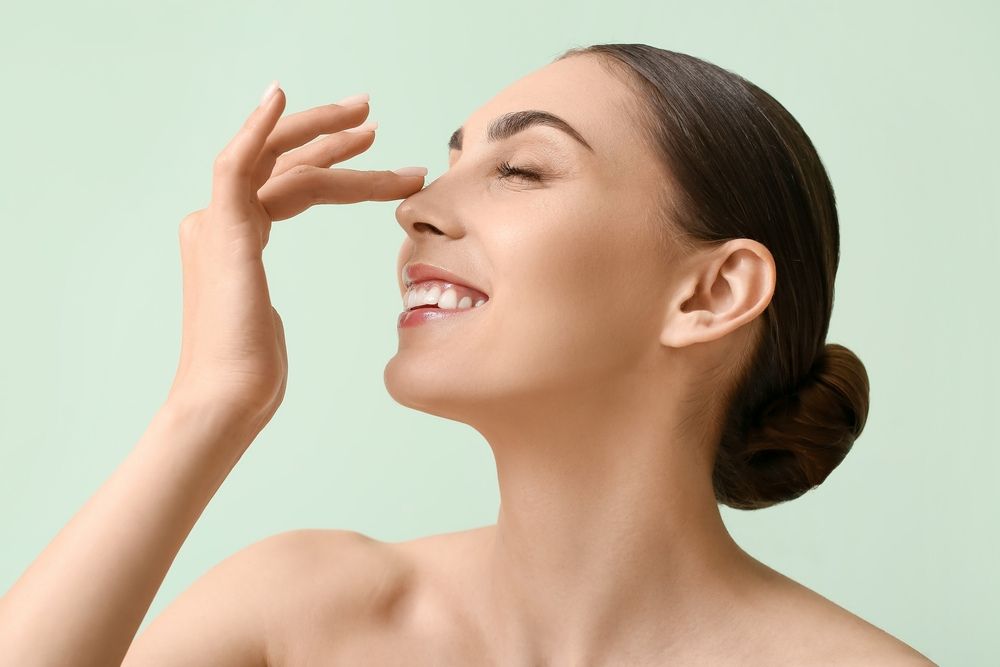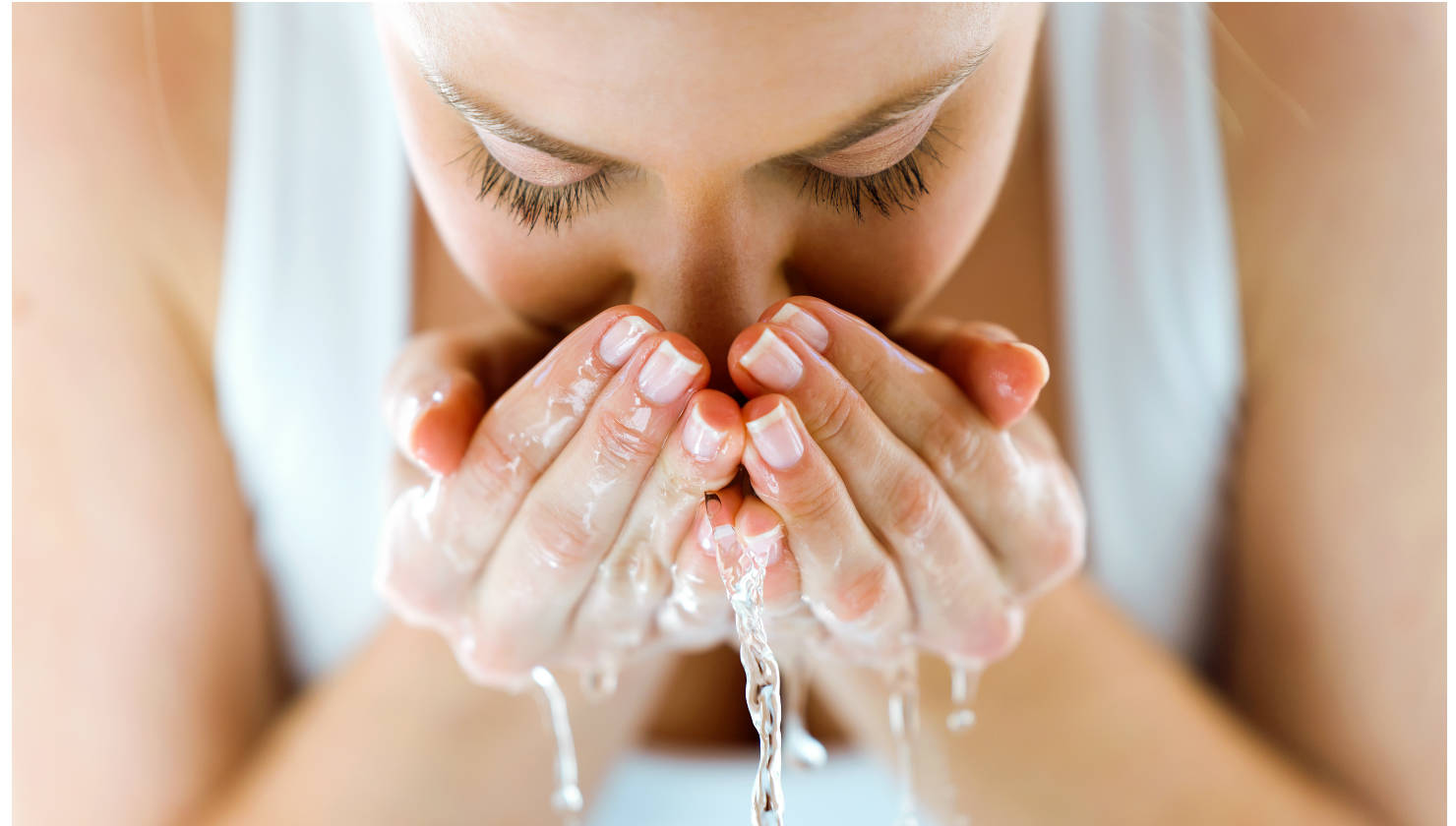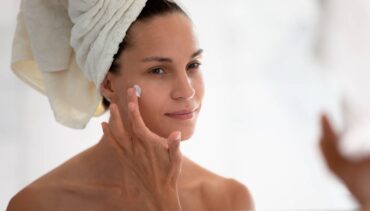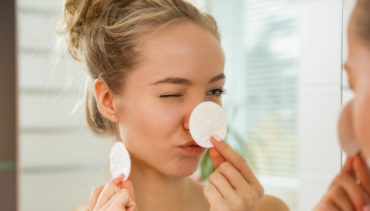
RETINOL: MYTH BUSTERS
Retinol is a form of vitamin A, a fat-dissolving vitamin that essentially comes in three forms:
- The acid (retinoic acid)
- Alcohol (retinol) and
- Aldehyde (retinaldehyde)
Like all vitamins, vitamin A is important for the proper functioning of our body.
It has a strong anti-aging effect, as it greatly contributes to cell regeneration, neutralizing free radicals and offering an antioxidant and protective effect. It reduces the appearance of fine lines, has a mild exfoliating effect, “smoothes” older marks or scars, increases collagen production, and improves discoloration, whether due to hormonal changes or after the summer months. In short, it favours the overall improvement of the appearance of the skin.
Nevertheless, it is an ingredient that requires special and delicate handling in the way it is used, as it is photosensitive and very easily altered. Also, it can cause various irritations, depending on the skin type or with the simultaneous use of other products.
So, let’s bust a few myths about this very popular ingredient!
MYTH
The use of retinol during the summer is forbidden.
TRUTH
With proper use (only at night), but also use of sunscreen in the morning (and renew it every 2-3 hours) as long as we apply retinol, the risk of irritation is minimized.
In addition, retinol itself is sensitive to sunlight, so its action is deactivated and becomes less effective as an ingredient.
MYTH
The more, the better.
TRUTH
A small amount of retinol can give the desired result.
MYTH
Retinol cannot be applied to sensitive skin.
TRUTH
Oilier skins are also more resistant. For the rest of the skin types, we first use the product night after night and then every night. Another way is to leave the product on for 1-2 hours, wash it off, and later increase the time it stays on the skin until it is finally tolerated.
MYTH
Everyone can use retinol products.
TRUTH
It should be avoided during breastfeeding or pregnancy.
MYTH
It can be used by everyone, regardless of age.
TRUTH
It is recommended to use after the age of 25, and not earlier.
MYTH
It makes skin thinner.
TRUTH
While it removes the outer layers of the skin, it thickens the deeper layers, due to the production of collagen.
After all this, we conclude that it is no coincidence that retinol is the most widespread and widely known anti-aging ingredient.
Source:
- Am J clin Dermatol. 2019 Jun; 20 (3 ): 345-346
- Skin Pharmacol Physiol. 2020; 33 (2) :102-116
- Badamiri K, et al. (2010). Cosmeceuticals :The evidence behind the retinoids
- Mukherjees S, et al. (2006). Retinoids in the treatment of skin aging
- Journal of Investigative Dermatology, Volume 139, Issue 9, S 245








